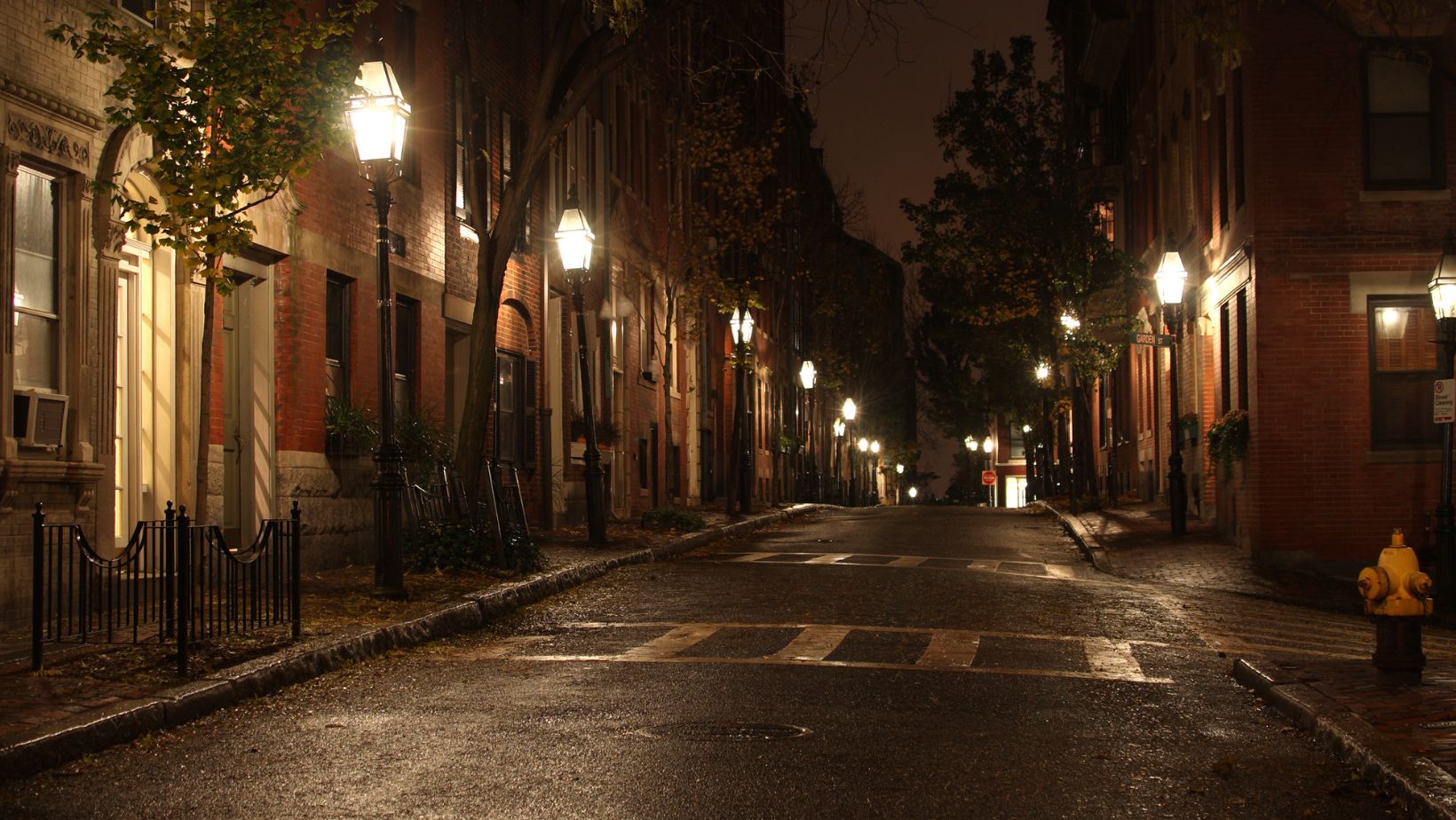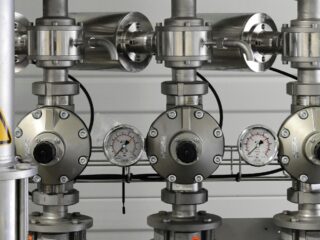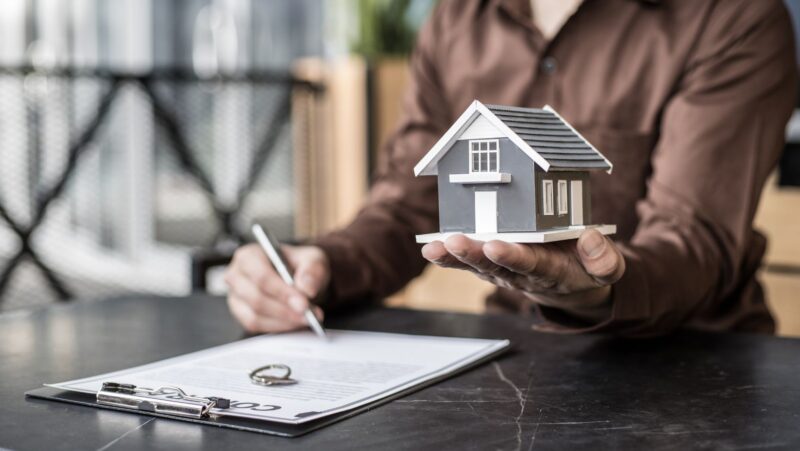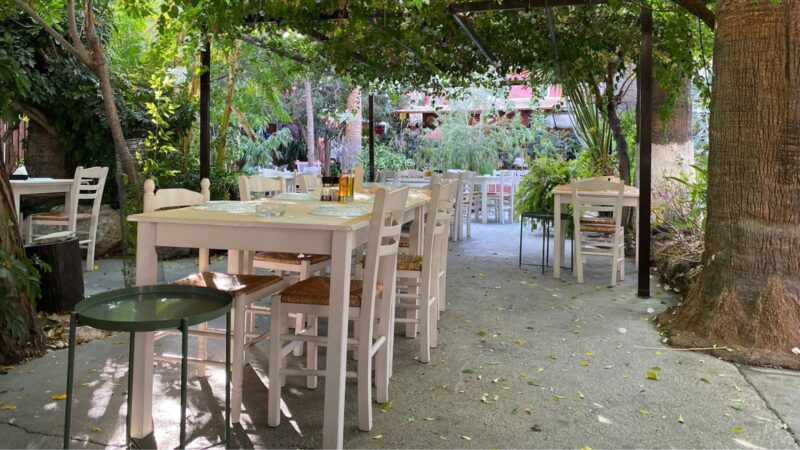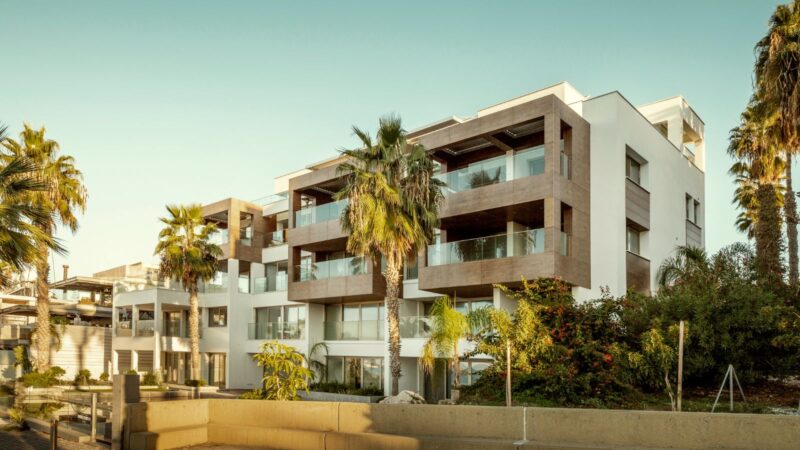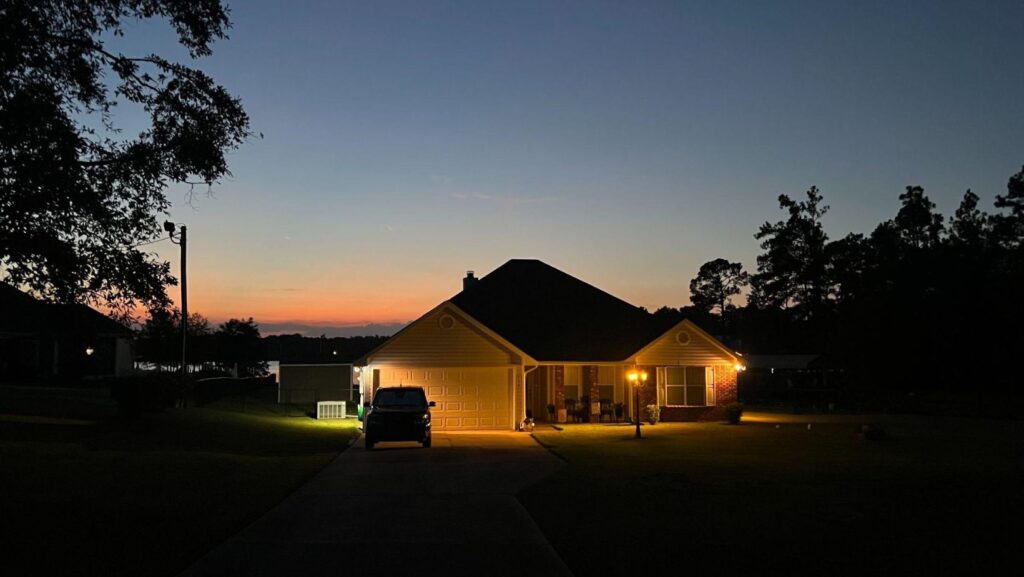
The power goes out. First, the lights flicker. Then, everything shuts down. No fridge. No Wi-Fi. No AC.
You scramble to find flashlights, but your phone battery is already at 12 percent. Sound familiar?
The average home loses power for eight hours per outage, and many homeowners aren’t prepared. That’s why choosing the right size generator is critical. Get one that’s too small, and your essentials won’t run.
Oversize it, and you’re wasting money on fuel.
So, what size generator will run a home efficiently? It depends on what you need to power and how long you need it to last.
How to Pick the Right Generator Size
Choosing the right generator isn’t just about grabbing the biggest one you can afford. It’s about matching your home’s power needs with the right size so you’re not stuck in the dark or overpaying for more power than you’ll ever use.
Here’s how to figure out what size generator will run your home without wasting money or energy.
Step 1: List What You Need to Power
Before you pick a generator, think about what absolutely must stay on during an outage. Do you just need to keep the fridge running and a few lights on, or do you want full-home power, including AC, heating, and appliances?
Here’s what most homeowners prioritize:
✔ Essential Appliances – Fridge, freezer, Wi-Fi, sump pump, security system
✔ Heating & Cooling – AC, furnace, fans
✔ Medical Equipment – Oxygen concentrators, CPAP machines, refrigerated medications
✔ Lighting & Small Electronics – Laptops, phone chargers, TVs
Some homes need just the essentials, while others want full-home coverage. Your list determines your generator size.
Step 2: Understand Running vs. Starting Watts
Generators are measured in watts (W) or kilowatts (kW), but there’s a catch—not all watts are created equal.
- Running watts – The power needed to keep appliances running continuously
- Starting watts – The extra surge of power needed to turn on things like AC units or refrigerators
For example, a fridge may only need 700 watts to run but requires 2,200 watts to start. If your generator can’t handle the surge, your appliances won’t turn on even if they could technically run.
Step 3: Match Your Power Needs to the Right Generator Size
Once you know what you need to power, you can estimate your wattage requirements. Here’s a general guideline for home generator sizing:
| Generator Size | What It Can Power | Best For |
| 5-7 kW | Fridge, lights, Wi-Fi, sump pump, and a few small appliances | Small homes, basic emergency backup |
| 8-12 kW | Essentials + one or two larger appliances (e.g., furnace, well pump) | Mid-sized homes, moderate outages |
| 13-20 kW | Most household appliances, heating/cooling, kitchen appliances | Large homes, frequent outages |
| 22+ kW | Whole-home backup, including high-energy appliances like central AC and electric water heaters | Full-home coverage, long-term power outages |
Generators should be sized based on your home’s total power demand, including starting watts for high-draw appliances.
If you’re unsure, Bay City Electronic Works generator rentals can help you calculate the perfect size to ensure your home stays powered without overloading or overspending.
Step 4: Decide Between a Standby or Portable Generator
Now that you know how much power you need, it’s time to choose between a permanent standby generator and a portable one.
Standby Generators:
- Automatically turns on when the power goes out
- Runs on natural gas or propane, so no refueling is needed
- It can power your entire home
- Higher upfront cost but seamless, worry-free backup power
Portable Generators:
- Lower cost, great for short-term power needs
- It must be started manually and needs refueling
- Typically powers essential circuits only
- Best for occasional outages or temporary setups
If you want peace of mind and zero hassle, a standby generator is the best choice. If you only need power occasionally, a portable unit might be enough.
Generator Rentals vs. Buying: Which Is Right for You?
Picture this. A storm rolls in, knocking out power across the neighborhood. Your fridge hums to a stop, the AC shuts down, and you’re left wondering how long before everything in the freezer goes bad.
This isn’t just a minor inconvenience. It’s a real problem that could last for hours or even days.
At this point, you have two options. Rent a generator for quick backup power, or invest in a permanent solution so you never have to scramble again.
The choice depends on how often the lights go out, how much power you need, and whether you want a short-term fix or long-term peace of mind.
Let’s break it down.
When Renting a Generator Makes More Sense
Some people only lose power once or twice a year. Others just need a generator for a weekend event, a home renovation, or to prepare for hurricane season. If you’re not ready to commit to buying, renting is an easy, stress-free way to keep your home powered without a major investment.
Here’s when renting is the best option:
✔ Short-Term Outages – If power failures are rare but still disruptive, renting lets you get through the occasional blackout.
✔ Emergency Backup – Sudden outage? A rental gives you power fast, so no installation is needed.
✔ No Upfront Costs – Skip the big purchase price and only pay for what you use.
✔ Maintenance-Free – No servicing, no repairs, no hassle. Just plug it in, and you’re set.
✔ Test Before You Buy – Not sure what size generator you need? Renting lets you try different options before committing.
Some homeowners rent generators every storm season and never look back. Others realize after the third outage in a year that it’s time for something more permanent.
When Purchasing a Generator is the Smarter Choice
For some, power outages are not just an inconvenience but a way of life. If you live in an area where the grid is unreliable or you simply don’t want to think about renting every time bad weather hits, owning a generator is the smarter move.
Why buying a generator makes sense:
✔ Reliable Whole-Home Backup – A standby generator automatically turns on the second the power goes out. No refueling, no manual setup.
✔ Saves Money Over Time – If you rent multiple times a year, the costs add up fast. Buying a generator pays for itself in the long run.
✔ Custom Installation – Get the right generator, properly sized, professionally installed, and built to fit your home’s needs.
✔ Increases Home Value – A standby generator isn’t just for convenience. It’s an upgrade that makes your home more valuable if you ever sell.
For homeowners who experience frequent outages or rely on electricity for medical equipment, heating, or work-from-home setups, buying a generator isn’t just a convenience. It’s a necessity.
Get the Right Generator for Your Home
Power outages happen. The right generator keeps your home running. The wrong one? Wasted money or lights out when you need them most.
A great generator expert helps you find the perfect fit, whether it’s a rental for a storm or a standby generator for long-term peace of mind.
✔ Need power now? Rent a generator for backup.
✔ Want a permanent solution? Get expert installation.
✔ Not sure? We’ll help you choose the right size.
Be ready before the next outage. Talk to a generator expert today.


